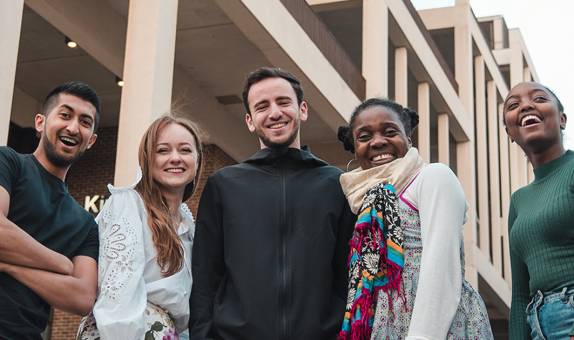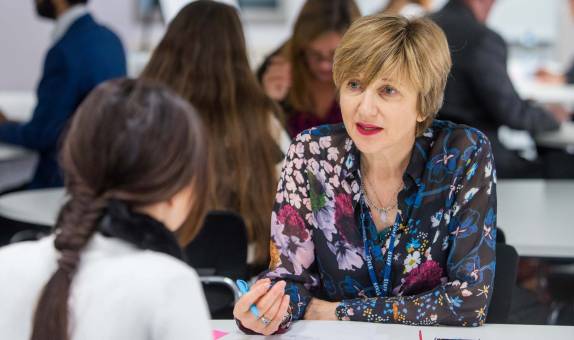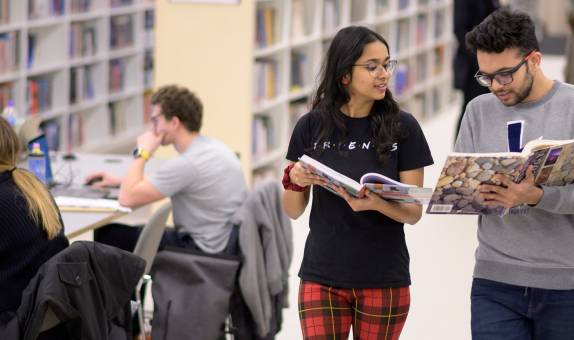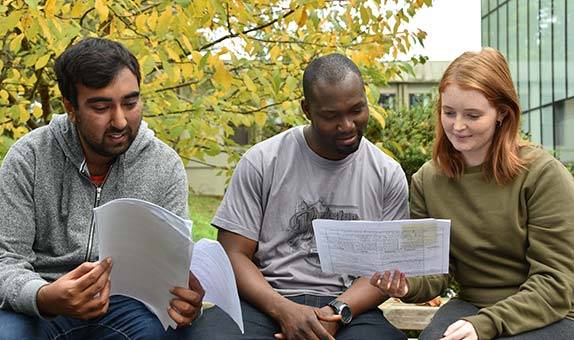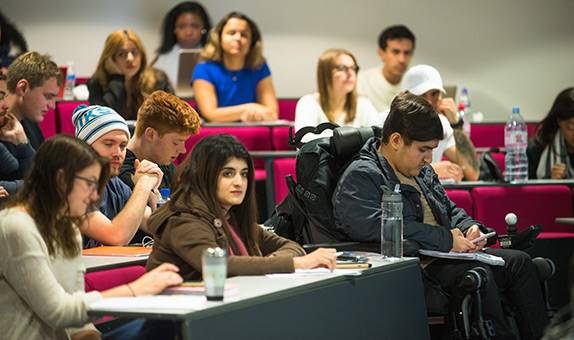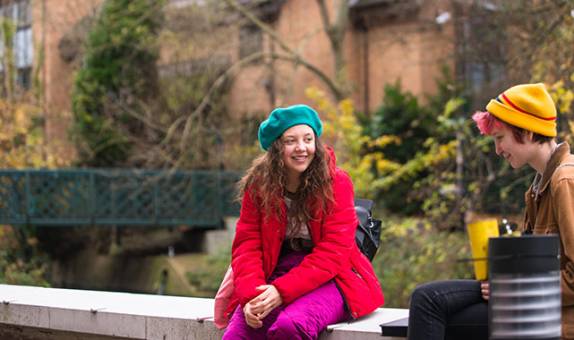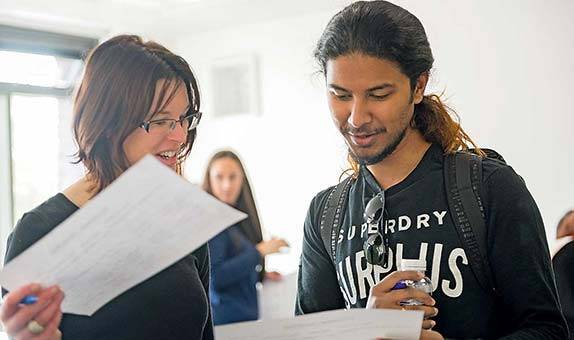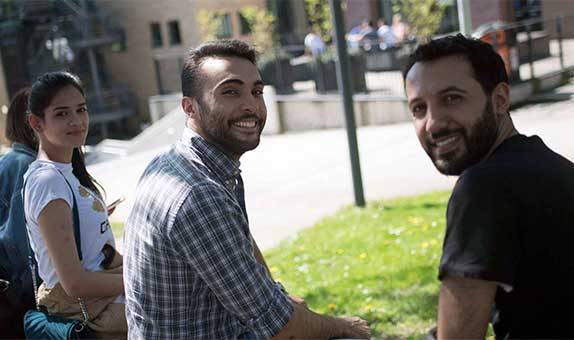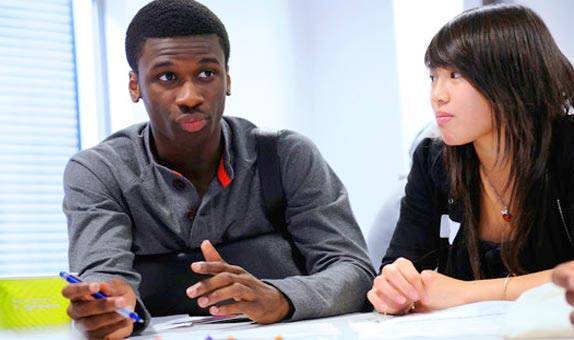Undergraduate degree courses at Kingston University

Teaching Excellence Framework (TEF) Gold award
Our commitment to high quality teaching has been recognised with a TEF Gold rating. The University has received an overall rating of Gold, as well as securing a Gold award in the framework's two new student experience and student outcomes categories.
Courses by subject
Browse our undergraduate courses:
- Accounting and Finance
- Architecture and Landscape
- Art and Design
- Biological Sciences
- Biomedical Science and Biochemistry
- Building and Construction
- Business
- Chemistry, Pharmacy and Pharmaceutical sciences
- Computing
- Construction and Surveying
- Creative Industries
- Creative Writing
- Criminology
- Drama, Dance and Music
- Economics
- Education
- Engineering
- English
- Environment
- Film and Media
- Forensic Science
- Games
- Geography
- Health and Social Care Sciences
- Humanities
- Journalism and Media
- Language and Literature
- Law
- Life Sciences
- Management, Marketing and Advertising
- Music
- Nursing and Midwifery
- Psychology
- Real Estate Management
- Social Work and Social Care
- Sociology
- Sport Science and Nutrition

Explore our virtual experience
Discover more about Kingston University with our virtual experience. You can explore student life, accommodation, the support that will be available to you as well as personalised on-demand content for your subject of interest.



